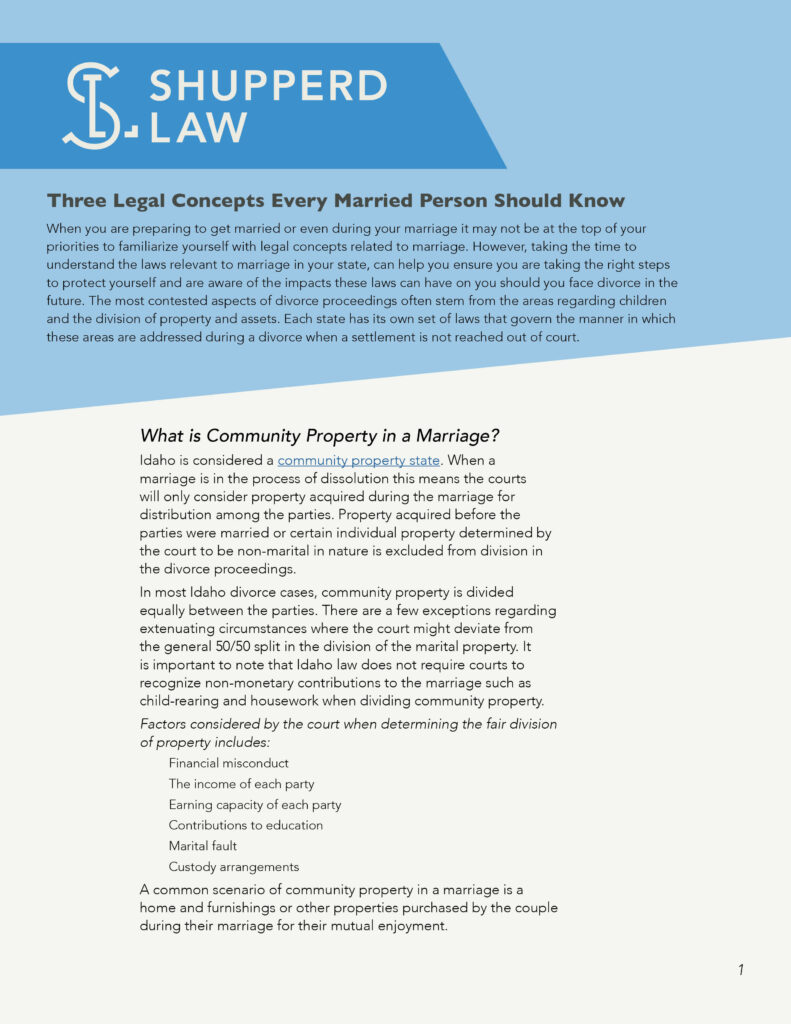For divorced or separated parents, child custody matters are often the most contentious. Things can become even more complicated if one of the parents wants to relocate to a different state with the child.
In the US, child custody and visitation rights and orders fall under the Uniform Child Custody Jurisdiction and Enforcement Act (UCCJEA), which has been adopted by 49 states.
Are you a divorced or separated parent sharing the custody of your child and also facing the prospects of relocation? Read on to find out how child custody and visitation matters under the UCCJEA are handled.
What Is the UCCJEA?
The Uniform Child Custody Jurisdiction and Enforcement Act (UCCJEA) is a uniform law pertaining to child custody and visitation rights. It was drafted by the National Conference of Commissioners on Uniform State Laws in 1997. The purpose of the (UCCJEA) is to ensure that parents who have separated cannot move to a different state in order to escape child custody or visitation orders.
To ensure its effectiveness, 49 states and US territories such as the Virgin Islands and District of Columbia are signatories of the UCCJEA. Only Massachusetts and Puerto Rico are not signatories of this law.
Moving and the UCCJEA
Today, due to work demands, business expansion, family demands, or even pleasure, one may have to relocate to another state. For most families, such situations come with challenges, and it is even more complicated for families dealing with divorce or separation and shared custody of the children.
So, what happens when one parent wants to pursue opportunities in another state? Do the children move with them, or do they relinquish their custody rights? Ordinarily, what results is a Child Custody Relocation Case.
UCCJEA Transfer of Jurisdinction
Within the UCCJEA, there is a provision that gives priority to the child’s home state during litigation. Therefore, even if one parent moves to a different state with a child, the child’s home state will have jurisdiction over the case. Of key importance in such scenarios is how the home state is defined for which courts should consider all the elements of the child’s life. These include:
- The child’s residence for the past six months
- Any substantial connections the child may have with each state
In cases where a child has lived in one state their entire life, determining the home state is easy. However, for situations where the child has been spending time with two parents living in different states, it will be complicated.
Custody and Visitation Orders are Enforceable by Courts Outside the Issuing Jurisdiction
The UCCJEA is a comprehensive law that ensures child custody and visitation orders are obeyed. If a parent moves to another state, the family law courts there are required to enforce the orders. This ensures that parents cannot relocate in order to avoid the consequences of a custody or visitation order.
Be There at Every Stage of Your Child’s Development
If you ask any parent, bringing life into this word is their greatest achievement. Unless a court of law limits your involvement in your child’s life, you deserve to be present in their life. Unfortunately, after divorce and separation, one parent may decide to relocate with complete disregard of the other party’s rights.
For such situations, you should seek legal counsel immediately to ensure your rights, and those of your child are not infringed on. Shupperd Law is a law firm dedicated to helping families resolve sensitive matters such as child custody and visitation rights. Reach out to us today for legal counsel and representation for your child custody relocation case.





